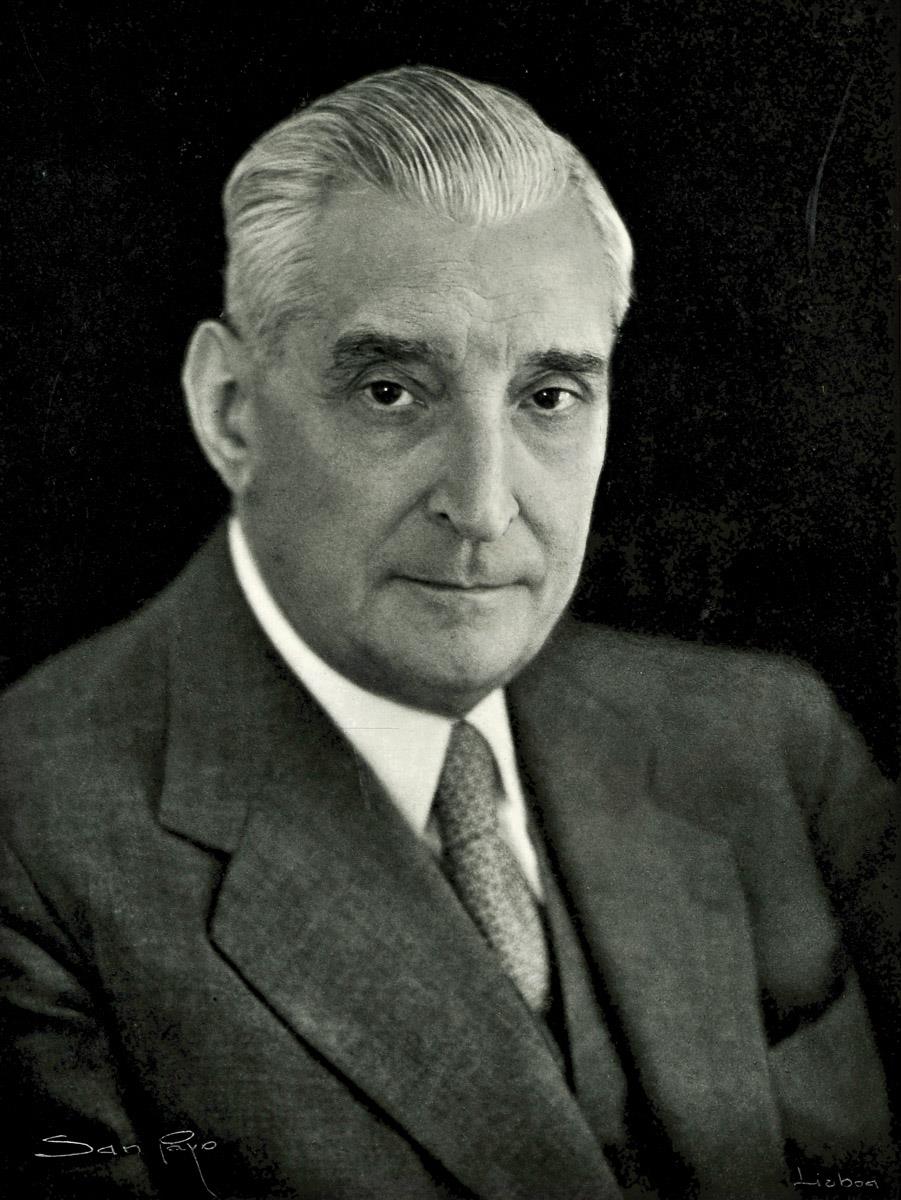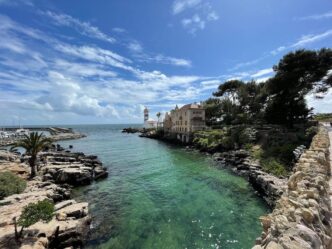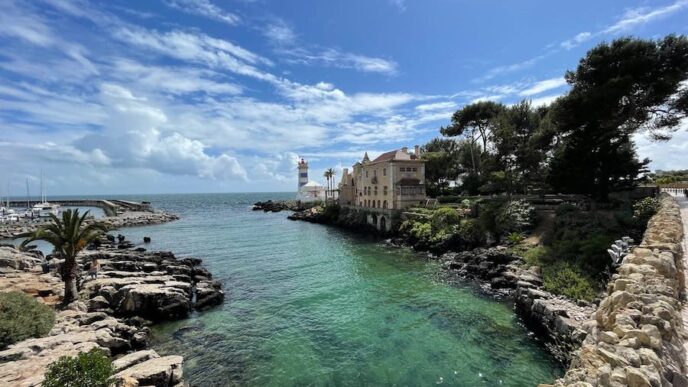António de Oliveira Salazar served as the Prime Minister of Portugal from 1932 to 1968. He was born on April 28, 1889, in Vimieiro, near Santa Comba Dão, in the Viseu District of Portugal. Salazar’s rule is often described as dictatorial, characterised by systematic repression of civil and political rights, mass torture, arbitrary arrests, and police brutality against civil rights protestors.
Salazar’s political career began after the 28 May 1926 coup d’état, when he entered public life as finance minister with the support of President Óscar Carmona. Within one year, Salazar balanced the budget and stabilized Portugal’s currency, producing the first of many budgetary surpluses. He reframed the regime as the Estado Novo (“New State”), a corporatist dictatorship that ruled Portugal from 1933 until 1974.
Salazar’s rule was conservative, corporatist, and nationalist in nature. He was opposed to communism, socialism, syndicalism, and liberalism. Despite this, he distanced himself from fascism and Nazism, which he described as a “pagan Caesarism” that did not recognize legal, religious, or moral limits. Salazar’s aim was the de-politicization of society, rather than the mobilization of the populace. However, Portugal remained largely underdeveloped, its population relatively poor and with low education attainment when compared to the rest of Europe.
Salazar’s regime was marked by the use of censorship and the PIDE secret police to quell opposition. One opposition leader, Humberto Delgado, who openly challenged Salazar’s regime in the 1958 presidential election, was first exiled and then killed by Salazar’s secret police. Salazar supported Francisco Franco in the Spanish Civil War and played a key role in keeping Portugal and Spain neutral during World War II while still providing aid and assistance to the Allies.
Despite being a dictatorship, Portugal under his rule took part in the founding of some international organizations. Portugal was one of the 12 founding members of the North Atlantic Treaty Organization (NATO) in 1949, joined the European Payments Union in 1950, and was one of the founding members of the European Free Trade Association (EFTA) in 1960, and a founding member of the Organisation for Economic Co-operation and Development in 1961. Under his rule, Portugal also joined the General Agreement on Tariffs and Trade in 1961 and began the Portuguese Colonial War.
Salazar’s rule ended when he fell into a coma in 1968, and President Américo Tomás dismissed him from the position of prime minister. The Estado Novo collapsed during the Carnation Revolution of 1974, four years after Salazar’s death. Salazar’s rule is widely described as dictatorial and was characterized by systematic repression of civil and political rights, mass torture, arbitrary arrests, concentration camps, police brutality against civil rights protestors, electoral fraud, and colonial wars that left hundreds of thousands dead.
In recent decades, “new sources and methods are being employed by Portuguese historians in an attempt to come to grips with the dictatorship which lasted forty-eight years.” Salazar lived a life of frugal simplicity, shunning publicity, rarely making public appearances, and never leaving Portugal. He died on July 27, 1970, in Lisbon, Portugal.













